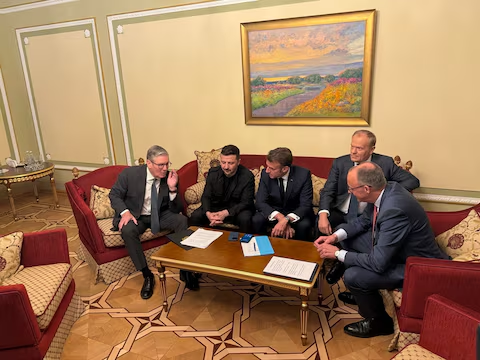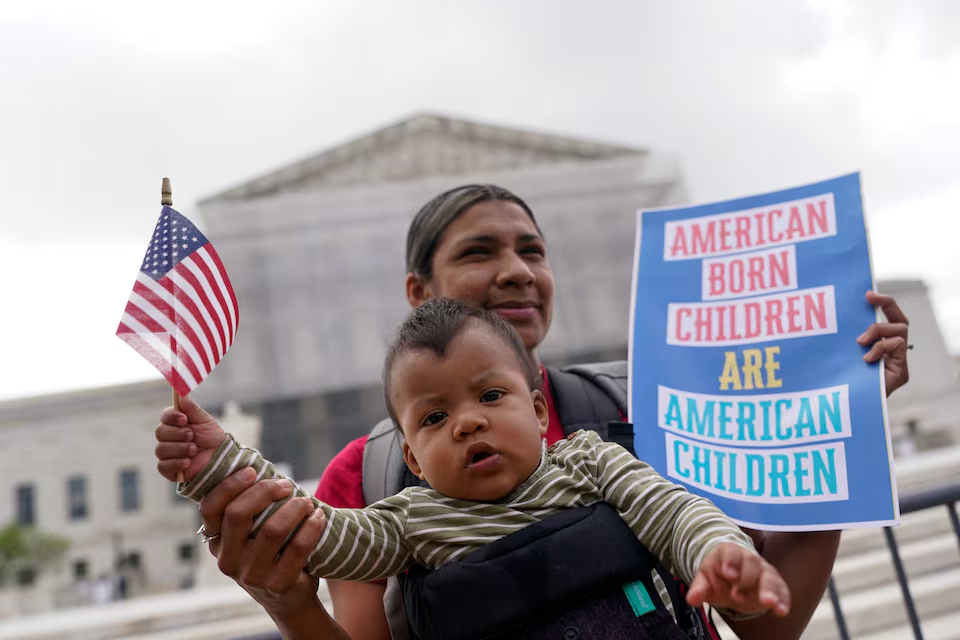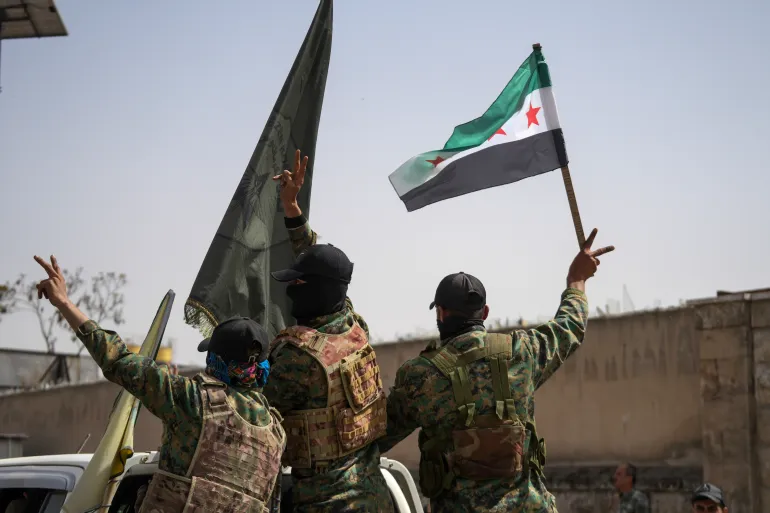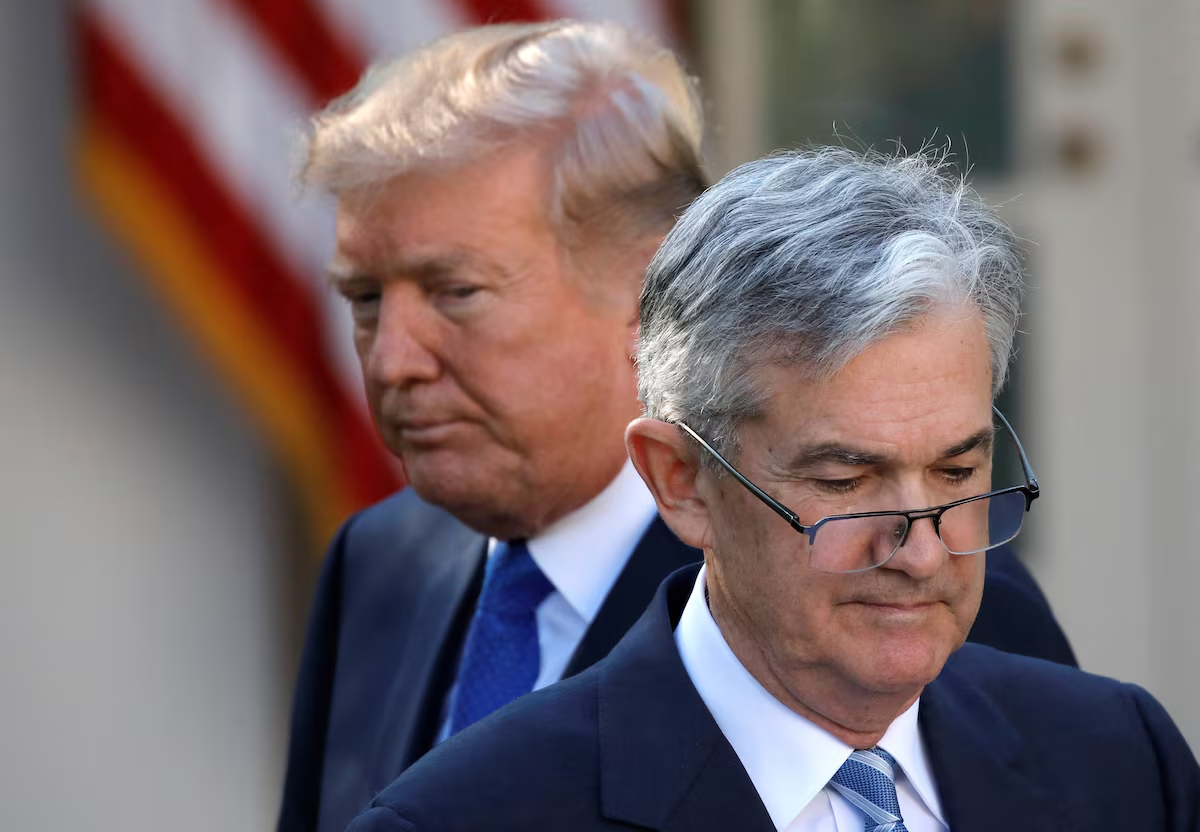On May 10, 2025, leaders from Britain, France, Germany, and Poland convened in Kyiv alongside Ukrainian President Volodymyr Zelenskiy to advocate for an unconditional 30-day ceasefire in Ukraine, set to commence on May 12. This initiative, backed by U.S. President Donald Trump, aims to halt hostilities and pave the way for peace negotiations. The leaders warned Russian President Vladimir Putin that failure to comply would result in “massive” new sanctions targeting Russia’s energy and banking sectors.
British Prime Minister Keir Starmer emphasized the urgency of the situation, stating, “So all of us here together with the U.S. are calling Putin out. If he is serious about peace, then he has a chance to show it. No more ifs and buts, no more conditions and delays.”
The Kremlin’s response was cautious. Spokesman Dmitry Peskov indicated that Russia would consider the ceasefire proposal but criticized Western demands as confrontational. He added that for any truce to be effective, military aid to Ukraine must cease.
Despite previous ceasefire declarations, combat activities have persisted, undermining trust in Moscow’s commitment to peace. The European leaders’ visit to Kyiv and their unified stance signal a renewed effort to pressure Russia into negotiations. The proposed sanctions, if implemented, would mark a significant escalation in the West’s response to the ongoing conflict.
The international community watches closely as the situation unfolds, with hopes that the proposed ceasefire could lead to meaningful dialogue and a resolution to the conflict that has gripped the region since 2022.
Source: Reuters



